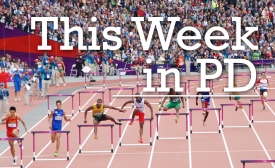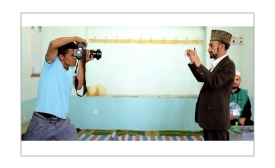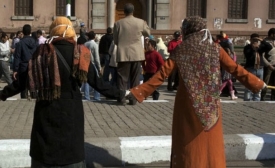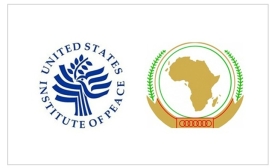peacebuilding

Award-winning sports journalist Alan Abrahamson discusses the Olympic movement's role in global peacebuilding.
This International Peace Day a striking 84% of people in the UK, US and Germany agree that ‘human beings have the right to live in peace: free from conflict’. [...] Peacebuilding is often an invisible sub-sector of international development. There is no one definition of the term, but it is considered by the United Nations and those that work in the field as a process which goes beyond ending violence to establish the conditions for durable peace and prevent the recurrence of violence.
The growing recognition of water’s strategic relevance reflects global developments. In the last three years, the Islamic State (ISIS) captured the Tabqa, Tishrin, Mosul, and Fallujah dams on the Tigris and Euphrates Rivers. ISIS subsequently lost control of all of them, but not before using them to flood or starve downstream populations, to pressure them to surrender. [...] The importance of water in the twenty-first century – comparable to that of oil in the twentieth – can hardly be overstated.
The project is part of the new MEITS (Multilingualism - Empowering Individuals, Transforming Societies) project based at the University of Cambridge, and funded by the UK Arts and Humanities Research Council. [...] Professor Ayres-Bennett said the MEITS project aims to instill a greater understanding of the health and social benefits of learning a language, particularly to help resolve conflict in troubled areas of the world. She added that languages can have a role in building peace and cohesion.

PD News headlines explore the Olympics Games as a vehicle for public diplomacy.










